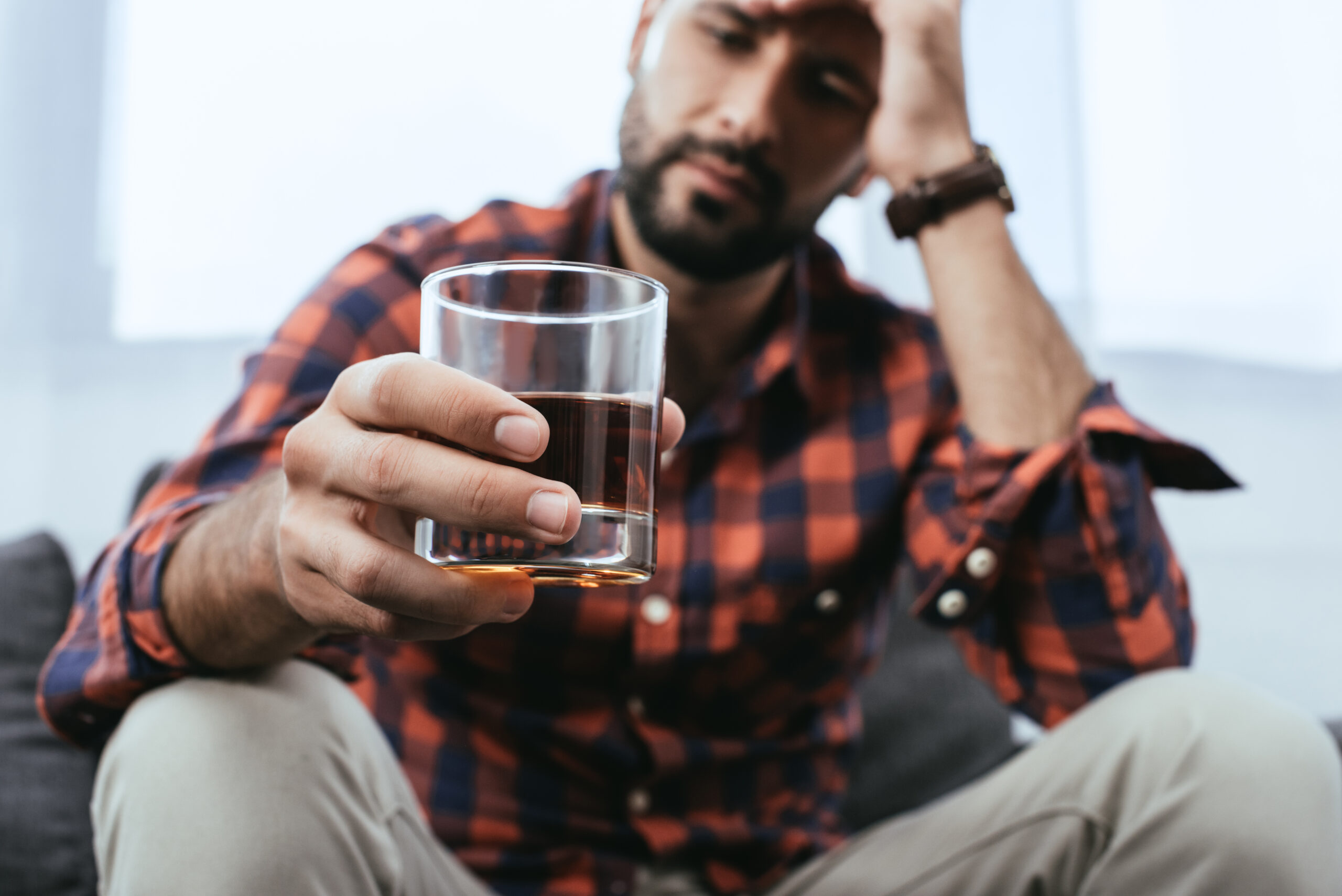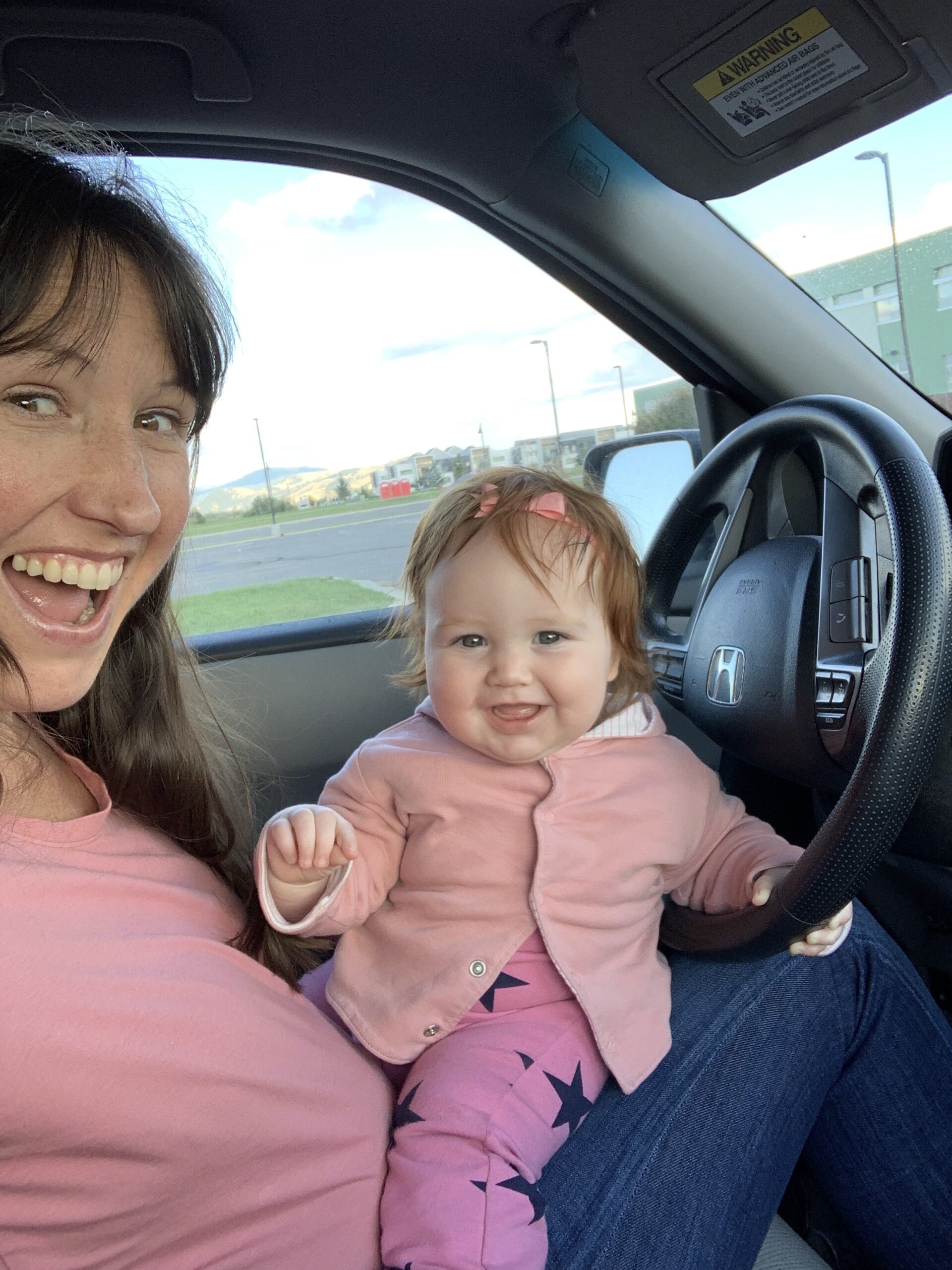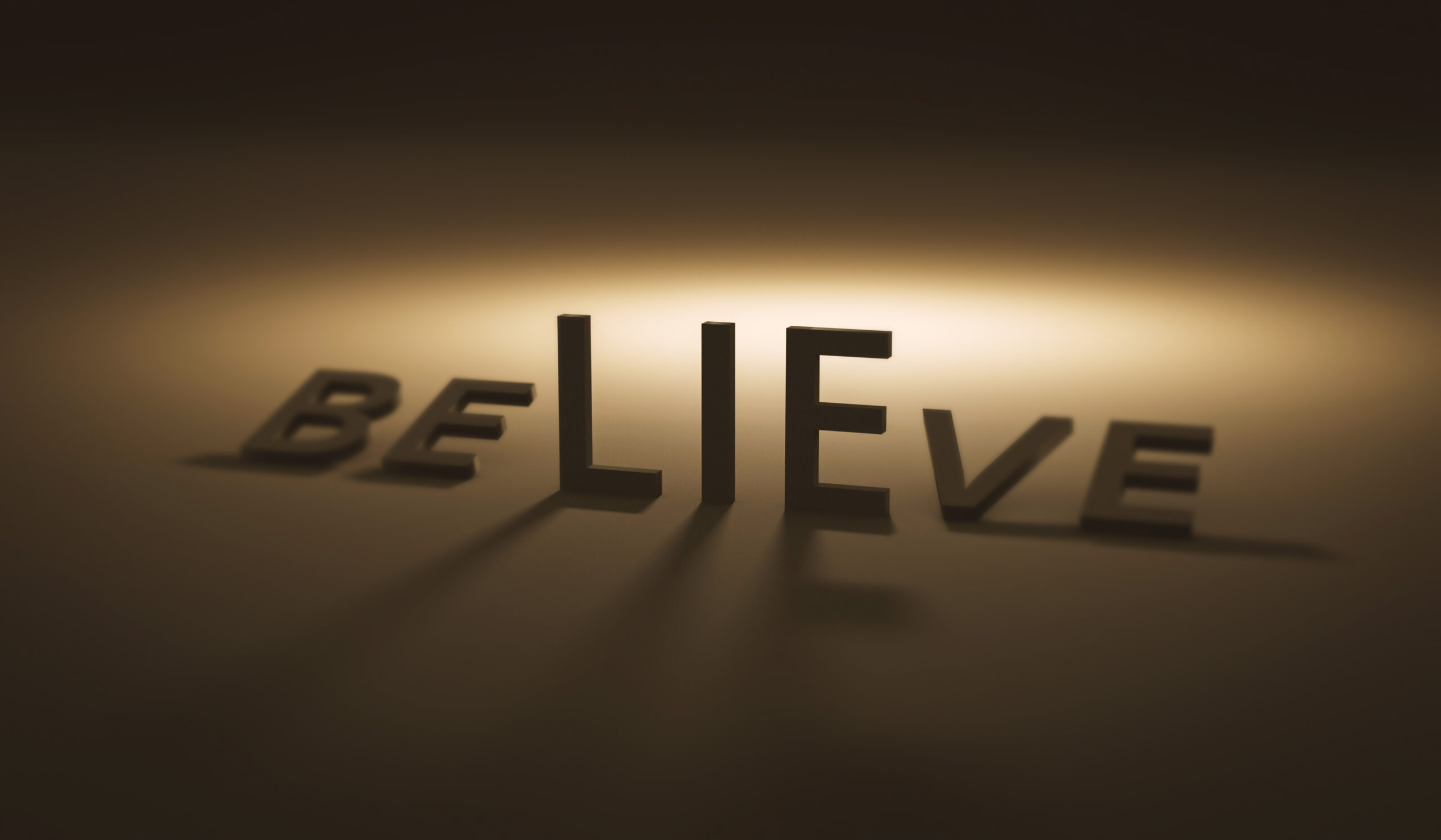I stopped drinking, and realized the problem was alcohol, not me. I had fallen into the thinking that ‘moderate alcohol is better than no alcohol’ and I was wrong. Moderate alcohol didn’t work for me.
I’m not the only one who got sucked into thinking that moderation is better than none. Everyone from family to friends to other non drinkers, healthcare providers, and even children, who parrot what they hear from others, and are quick to defend alcohol.
It was only after I took a step back, heard other stories, and unraveled some myths and lies about alcohol that I stopped trying to make ‘occasional drinking’ work for me and instead chose to stop.
There are a few problems with blaming the person, not the substance, which we are going to look into below.
We also will look at common arguments for moderation, and why they don’t work for many.
No judgment, only perspective
There is no judgment associated with this, only a different perspective than what is circulated by media, advertisements, and possibly even your family doctor.
What you choose to do with alcohol probably doesn’t affect me, but I know that the misinformation that is spread about alcohol probably does affect you.
This article is informational in nature, I don’t claim to have any answers or qualifications, I just wish to provide a different perspective.
You don’t need to be an alcoholic to be better off without alcohol
This is a common hang up when it comes to saying ‘no’ to booze for good. This was my hang up. If you’re not an alcoholic, why not drink socially? In moderation? Occasionally? A glass of wine with dinner?
Regular drinking and being in a constant state of impairment or withdrawal
The effects of alcohol don’t stop the next morning. And they don’t only happen if you over drink or are a heavy drinker. That anxious feeling of ‘needing a drink’ that you feel, even if you haven’t had anything since last Friday? That may very well be minor alcohol withdrawal. Not all withdrawal symptoms are extreme.
Even from just one drink, your sleep is affected; you stay in light sleep more and less in the more-restful deep sleep, with disrupted patterns of REM sleep as well.
https://www.ncbi.nlm.nih.gov/pmc/articles/PMC5821259/
This was what sold me on the fact that even a little alcohol really impacted me was the sleep data from Fitbit. I was sleeping 45-60 minutes longer the days I drank one drink and woke up groggy and grumpy rather than my drink-free obnoxiously chipper morning attitude. 
Your brain chemistry changes in response to any drinking. When exposed to alcohol, your brain becomes conditioned to release less dopamine and serotonin when you aren’t drinking, and then getting a flood of both with your first drink.
Dopamine is your craving and motivation chemical, and the body releases a LOT of it in response to a drink of alcohol. What does this do? This conditions most of your body’s ‘motivation’ to be focused on alcohol, since it learns that alcohol gives it a rush of dopamine. The same can be true with anything that gives a fast and strong dump of dopamine: social media, sugar, online video games, shopping, gambling, and other addictive things.
Do you wish you craved getting exercise and cleaning your house like you crave a glass of wine? Remove the wine, and your dopamine will re-balance to motivate you to complete those things that have intrinsic rewards and a slow drip of dopamine in the response to a healthier behavior- a completed project for a hobby, meeting a goal regarding fitness or sports, a clean kitchen, a finished to-do list.
Want low-cost online support to quit alcohol? Click here!
The path from temporary change to addiction
Alcohol is a shortcut to feel-good chemicals. This lays down a path, where your brain thinks- hey, I want to feel good, THIS will do that. Because alcohol is a powerful way to boost those feel-good chemicals, each time you drink your brain is re-structuring to remember that alcohol is a GREAT way to feel good.
Once that path has laid down, it’s still going to be your brain’s go-to even if the end result is not actually working for you. To get this nonsense to stop, you need to work at wearing in a new path AND letting the old path go. Walk the path you want to go.
This is not unique to alcohol, pretty much any dysfunctional pattern works in a similar way. Your brain’s ‘go to’ for solving a problem is the one you’ve done the most, even if logically you know it’s not the best option and is not getting the results you wanted.
Temporary Quitting
But, you say, I quit alcohol for a Dry January or Whole 30, and I did NOT crave exercise, cleaning, or completing my goals. First, it’s not going to work the same for everyone, everyone is different and there is more than dopamine at play here. Alcohol is just one thing of the millions at play in your individual life.
Second, it is shown that for most people it takes 90 days to reset your dopamine production after drinking! I learned this AFTER 75 Hard, and was totally bummed that I had re-set my 90-day clock by drinking on day 76!
Alcohol affects you differently as time goes on
Many of us know about the increased alcohol tolerance that happens when we drink consistently, but increased tolerance (being able to drink more before feeling drunk) isn’t the only change that happens in response to drinking over time, whether it’s frequent or infrequent.
When someone first starts drinking, they experience the dopamine-flood from alcohol, and a mild state of euphoria. As your body becomes more efficient at neutralizing this toxic substance, you get less of the pleasant effects, and more of the dehydration, tiredness, and withdrawal symptoms following drinking.
As time goes on, you get less and less of the feel-good parts of drinking, and eventually only get the cravings, hangovers, and then cravings again.
Alcohol literally changes your brain. It alters neural transmitters in your brain’s reward and stress circuits. This doesn’t go back to normal once the alcohol is out of your system- these brain changes stay even after you’re sober.
https://www.ncbi.nlm.nih.gov/pmc/articles/PMC4065474/
Personally, I never developed much of an alcohol tolerance. I could always ‘feel’ half a beer, and never felt qualified to drive after having even just one drink. However, my body did seem to start taking a shortcut to the feel-bad effects of alcohol sooner and sooner, after less and less alcohol.
The knowledge that ‘tolerance’ isn’t the only thing that happens as you continue your drinking career empowered me to realize that the only effects I was getting from alcohol were bad, and that my body did not plan on returning to the previous state of being able to have a couple drinks on Friday night and then go on about my week as normal starting Saturday morning. This wasn’t a tolerance issue, this was an ‘ingesting a toxic substance’ issue.
Alcohol affects you differently depending on who you are
How often you drink, your genetics, and how long your drinking ‘career’ has been will determine the amount of negative effects you get from alcohol. Some people are able to drink rarely and never experience a hangover, craving, or withdrawal symptoms. But for most who drink regularly, as time goes on the hangovers get worse, and the benefits are lessened.
For regular drinkers, even those who are so-called moderate drinkers, it’s a matter of ‘when’ alcohol will become an issue, not ‘if’. Is it in 2 years? 5 years? 20 years? We don’t know, that part is probably determined by genetics, other life stressors, and more.
https://pubmed.ncbi.nlm.nih.gov/30537347/
https://www.sciencedirect.com/science/article/abs/pii/S0191886918305762?via%3Dihub#!

But the studies say it’s actually good for me?
There are some issues with studies regarding alcohol. Remember, tobacco used to be promoted as healthy as well.
- In studies showing ‘protective effects’ of light to moderate alcohol consumption, many of those in the control group are now alcohol abstainers, but a significant portion of them may be abstaining because of prior miss-use of alcohol. i.e. they used to drink a LOT, and then stopped. Though quitting does improve your health significantly, long-term damage has been done with heavy use.
- Researchers are not immune to biases. Alcohol is addictive, and it’s natural to be defensive of your ‘drug of choice’. In addition, an estimated 15% of doctors have struggled with addiction to drugs and/or alcohol, and because their license is at risk they are more likely to resist seeking help than the general population.
https://www.ncbi.nlm.nih.gov/pmc/articles/PMC2704134/
https://pubmed.ncbi.nlm.nih.gov/25670624/

This is not a willpower issue
Frequently, people who drink more than is good for them or become addicted, or just have alcohol play a larger role in their life than they would prefer are the same people who use tremendous amounts of willpower in their lives. To claim otherwise is a cheap attempt to feel superior.
For me, I don’t have an issue with willpower, I have an issue with regularly ingesting an addictive substance and then expecting not to get addicted.
This is true for more than just alcohol- sugar and caffeine are also addicting- but they don’t have the same ill effects that alcohol does.
https://www.ncbi.nlm.nih.gov/pmc/articles/PMC2235907/
Most of the other people who used to drink, and then stopped, tend to embrace life wholeheartedly. We do things like start businesses, take the initiative to change policies, change our chronic conditions with nutrition, and dive deep into research to seek out the truth.
I suspect that a lot of my audience is like this.
Want low-cost online support to quit alcohol? Click here!

I did drink, now I don’t.
With people who once drank, and then chose not to, there seems to be a stigma. Personally, I didn’t start drinking until I was 27, and it wasn’t an issue. ‘Cara doesn’t drink’ was stated in a matter of fact way by my friends and family, the majority of who did drink.
There is more (but honestly not much) of an issue now that I did drink, and now stopped. People seem to want to justify why I needed to but they don’t. They want to convince me to go back and not be so ‘black and white’.
This difference is interesting. I think it’s an example of people wanting to maintain the status quo, and to avoid questioning their reality. I didn’t need to ‘hit rock bottom’ to decide this is better for me, and they probably feel they should do the same.
Sometimes people will ask why I’m not drinking. They’ll ask what happened to make me not drink. I am big on telling the truth, and I say ‘because I don’t want to’. Sometimes I say that alcohol and I don’t get along. And that’s the truth.
Personally, I think people ask these kinds of questions to:
- Feel me out for some juicy gossip (there is none).
- Feel me out and see if I’ll be judging them for drinking (I don’t).
If someone is genuinely curious about why I chose to stop, I can elaborate:
- Alcohol affects me much different now than it did in my early 30s. I feel the effects afterwards much more.
- There are still some desirable effects to alcohol (I’m friendlier, I talk more, I’m less resistant to being touched) but, first, I need to recognize that I need to push my comfort in these areas without a crutch and second, it’s not worth the negative effects for me.
- Alcohol makes me fall asleep during family movies with the kids.
- It decreases connection with my family and friends rather than increases it.
- I don’t like being around drunk people, whether I’m drinking or not. They are repetitive and shallow.
- Alcohol, even just one drink, disrupts my sleep, which I found while abstaining during 75 hard and then trying it again the week after I completed the program.
- When I stopped for 75 days, I looked back and realized that literally nothing would have been better if I had drank the previous 75 days. I didn’t regret not drinking.
- My skin is more clear when I don’t drink, and my face is less puffy in the mornings.
- I wake up without stiffness when I don’t drink, even one drink. And it takes a full week for the morning stiffness to go away after I stop.
- If I drink more than 1 drink more than two days in a row, I get bad anxiety for a few days even if I stop drinking again.
- If I drink, even just one drink, for the next few days thoughts of alcohol occupies more mental space in my brain than I would like.
You don’t have to go to meetings
I don’t know why, but our culture has seemed to have the attitude of putting people into 3 groups of people in relation to alcohol.
- People who have never drank, whether it’s for personal or religious reasons or don’t like to drink and might walk around a party with a glass of wine but not finish it.
- People who drink ‘in moderation’ on a regular basis.
- People who can’t moderate, go to AA and do the 12 steps, and follow the AA rules.
There is more nuance than this.
You can choose your terminology. You don’t have to bottom out and go to AA to stop drinking. You don’t have to call yourself sober, a teetotaler, or an alcoholic.
You can just… stop.
You don’t have to call yourself an alcoholic.
You don’t have to do 12 steps.
You most certainly don’t need to drink ‘socially’ or ‘in moderation’ to prove anything to anyone.
You don’t have to drink mocktails or nonalcoholic beer, or you can.
You don’t have to avoid bars, people who drink, or the alcohol section of the grocery store, or you can.
You don’t have to keep alcohol in your house to prove you have willpower, or you can to serve to those who do drink.
I personally don’t like any of the labels or terms, so I’ve reverted back to my pre-alcohol days and just say that I don’t drink. If asked why, I say because I don’t want to.
I don’t keep alcohol in my house (this is different from my pre-alcohol days) because it’s easier for me not to have it there. I don’t have a problem going to other people’s houses with alcohol in them.
Free Webclass
I think that a lot of you would love this free webclass by Annie Grace. If you are making changes in your relationship with alcohol, I highly recommend you make the time to attend.
CLICK here to sign up (it’s free) Annie will be sharing How She Overcame a Decade of Daily Drinking: Without Pain, Rules or Missing Out – And How You Can Do the Same.
Does everyone need to be alcohol-free?
No, of course not. I’d argue that most people that drink, though, will eventually cross over to the point that their lives will be better without alcohol.
Learn more:
I highly recommend the book The Naked Mind to learn more about how alcohol actually changes your brain and how to quit.
For free online support to quit alcohol Click here!
Learn how to heal leaky gut

60-page ebook of all my best GAPS Diet (Gut and Psychology Syndrome) articles all in one place.



Rock bottom is wherever and whenever you choose to stop digging. thanks for a thoughtful and honest post.
Good point! Thank you for commenting :)
This is an amazing and helpful article!!! Thanks so much for taking the time to share such wonderful information and insights with others :-)
Quote from article. “once a path has laid down, it’s still going to be your brain’s go-to even if the end result is not actually working for you. To get this nonsense to stop, you need to work at wearing a new path And letting the old path go. Walk the path you want to go!”
I do not drink but have my own little irritating addictions. This quote is enlightening and powerful. Thank you.
I’m so glad to have you reading! Thank you Lisa!
Thank you for sharing your perspective and story, Cara!
I quit drinking alcohol 19 months ago and it was the best decision I have ever made, and the best gift to my family. I am a much more present and intentional mother now. I appreciate it every time I see someone else share and help to break down the stigma our culture has around alcohol. Blessings to you and yours.
It’s amazing how much quitting drinking is stigmatized in our culture! Thank you for reading :)
I really appreciate your taking on this topic, Cara, and being public about it. I stopped drinking almost a year ago, and am a much, much better mom now.
Thank you for reading and commenting Kate! I’m a better mom without alcohol too.
Not to mention that alcohol is a known carcinogenic
just like tobacco products. There is no safe, established amount to drink to keep from getting cancer from alcohol consumption. Not everyone who smokes gets lung cancer and not everyone who drinks will get pancreatic cancer but both of those products will cause cancer.
Good point, Brenda! I think (hope) that alcohol will become how smoking is now- something everyone generally knows is completely unhealthy.
Thank you so very much for this article! This was exactly what I needed and explains so much. When I heard you mention you were going to post this, I was excited to hear what you had to say. I’ve been trying to figure out what I was going through and why it was so hard. Beating myself up and feeling shame but I get it how and I am so appreciative. Thank you, thank you!
Thank you for your transparency! I stopped alcohol at the beginning of the ‘pandemic’, because I could smell a rat … and I wanted to make sure my intuition would be not be dulled. Also, I realized that I am a fanatic about drinking clean water, eating organic food, avoiding toxic personal and cleaning products, avoiding toxic environments, avoiding toxic people, etc etc etc.
I quickly realized it made ZERO sense to drink alcohol. (Benefits of resveratrol are available with a supplement!) Just because something is ‘legal’ doesn’t mean it’s healthy! Alcohol is so toxic that it causes loss of consciousness! Along the way one looses the ability to speak, to walk, to think. It is so toxic that the organs of elimination work overtime to pee it out as fast as it is put in!
I enjoyed drinking organic, sometimes, biodynamic, red wine — which still causes loss of consciousness! But I enjoy having better health and elevated consciousness more!
Great post, lots of good information as always, Cara. I recently resigned from my job which had been stressful for several years, but became toxic in 2021. Earlier this year in the spring, I was having so much anxiety that I thought to try having two or three tablespoons of flavored vodka in the evenings, in my sparkling water, to help with my anxiety. It was pretty much constant throughout the day, and I was also waking up during the night with panic attacks. It did help me feel a little better, but I wasn’t happy about needing a crutch, and also did not want to become dependent!
I was seeing a counselor and admitted I was a little nervous about my “drinking habit”, she said she didn’t think I’d get addicted with just a little vodka, but your article reinforces my thoughts. I am so happy to say that since resigning four weeks ago, the desire has completely gone away and I am glad I’m back to being a teetotaler.
Now if I could convince myself to get back to being totally off sugar, too!
Thank you for your vulnerability and for sharing such good insights. This will help encourage others to think hard about their own lives. One of my siblings called me one day to tell me she was attending AA; never saw it coming. One of the best teams of people to help with addictions and all the ugly aspects and destroyed relationships of life and bringing people to recovery is New Life Ministries. They help you dig through the disgusting dirt and get to the bottom of it all, washing away the old and making new with the blood of Christ. https://newlife.com/
JG, I just wanted to say that it’s cool you posted this on New Year’s Eve!
Cara,
Thank you for your vulnerability, and the time you put into writing such an excellent resource. It is, and will be, helping many people.